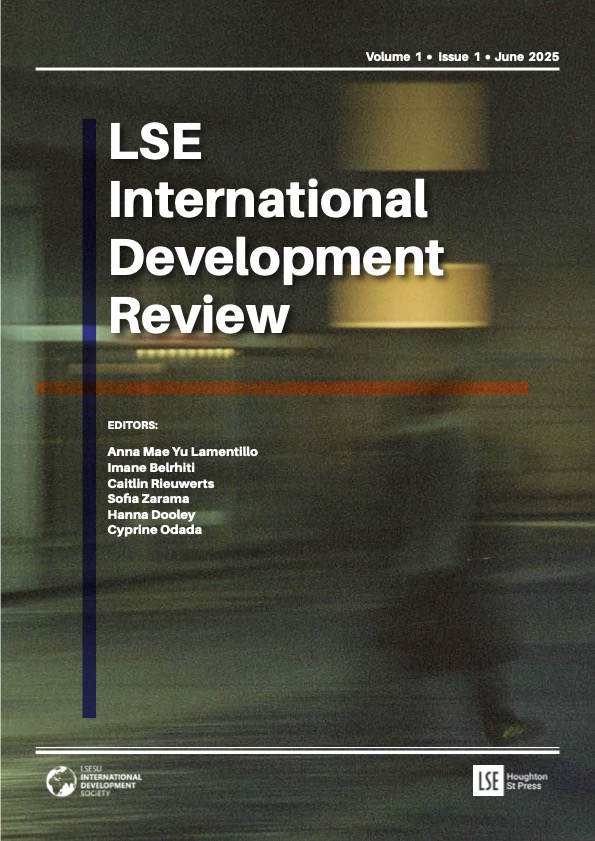Toronto’s housing affordability crisis
DOI:
https://doi.org/10.82191/lseidr.106Keywords:
Housing, Human rights, Right to housingAbstract
This article explores the challenge of housing affordability in Toronto, Canada. It gives a rough overview of the city’s response to this challenge before undertaking a critical analysis of the effectiveness of City of Toronto’s housing plan “HousingTO – 2020-2030 Action Plan” from the lens of Mariana Mazzucato and Leilani Farha's “The right to housing: A mission-oriented and human-rights based approach”. The paper concludes with reflections on key gaps related to marginalized groups whose housing needs continue to be neglected as well as in the city’s inability to attract the needed funding and systems and policy change at provincial and federal levels that will allow it to act in a more entrepreneurial approach to address the issue. A more urgent approach needs to be adopted by the city to accelerate the progress on the targets set in the HousingTo Plan and a more entrepreneurial attitude needs to be adopted to allow for more creative solutions to come up from bottom-up; especially by those most impacted by this crisis.
Downloads
Published
Issue
Section
License
Copyright (c) 2025 The Author(s)

This work is licensed under a Creative Commons Attribution 4.0 International License.
Authors who publish with this journal agree to the following terms. If a submission is rejected or withdrawn prior to publication, all rights return to the author(s):
- Authors retain copyright and grant the journal right of first publication with the work simultaneously licensed under a Creative Commons Attribution License that allows others to share the work with an acknowledgement of the work's authorship and initial publication in this journal.
- Authors are able to enter into separate, additional contractual arrangements for the non-exclusive distribution of the journal's published version of the work (e.g., post it to an institutional repository or publish it in a book), with an acknowledgement of its initial publication in this journal.
- Authors are permitted and encouraged to post their work online (e.g., in institutional repositories or on their website) prior to and during the submission process, as it can lead to productive exchanges, as well as earlier and greater citation of published work (See The Effect of Open Access).
Submitting to the journal implicitly confirms that all named authors and rights holders have agreed to the above terms of publication. It is the submitting author's responsibility to ensure all authors and relevant institutional bodies have given their agreement at the point of submission.
Note: some institutions require authors to seek written approval in relation to the terms of publication. Should this be required, authors can request a separate licence agreement document from the editorial team (e.g. authors who are Crown employees).
